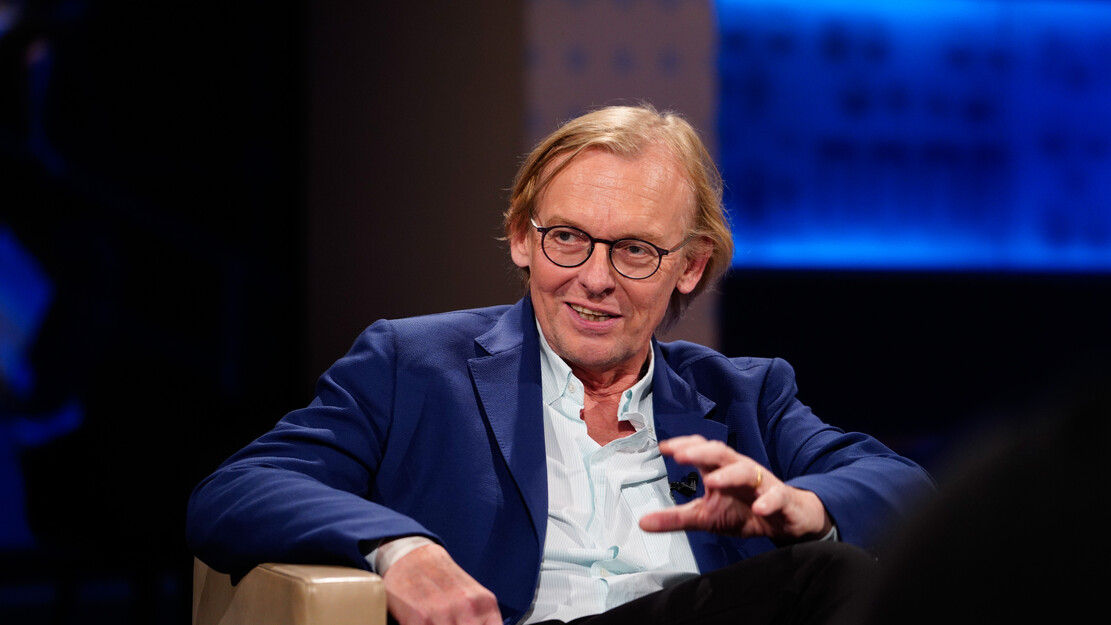4th Philosophical discussion “Resonance of Time – How to breathe new life into the past” - Dieter Thomä in conversation with Florian Boesch
20 November Austria / Linz
What present do we give our cultural heritage?
How do we carry on something that consists precisely of constantly seeking and finding new paths?
Dieter Thomä: "The American writer and Nobel Prize winner William Faulkner famously said: 'The past is not dead. It is not even past. It's not easy to come to terms with this statement, because when the past intrudes so intrusively into the present, it makes you feel cornered. The past should not be a shackle, but neither should it be dead wood; it should serve as a source of strength.
However, modern society struggles with the past – and that's not a good sign. Some people only look ahead and believe that anything is possible. Some consider tradition to be something outdated, while others want to cultivate and protect it as if it belonged in a museum. Still others make themselves mentally dependent on what was and interpret the present as a continuation of a past era (for example, as postmodernism or post-democracy). Whether we have a future depends not least on whether we can come to terms with the past. I would like to find out how we can successfully deal with the past in conversation with Florian Boesch and in memory of Nikolaus Harnoncourt."
How do we carry on something that consists precisely of constantly seeking and finding new paths?
Dieter Thomä: "The American writer and Nobel Prize winner William Faulkner famously said: 'The past is not dead. It is not even past. It's not easy to come to terms with this statement, because when the past intrudes so intrusively into the present, it makes you feel cornered. The past should not be a shackle, but neither should it be dead wood; it should serve as a source of strength.
However, modern society struggles with the past – and that's not a good sign. Some people only look ahead and believe that anything is possible. Some consider tradition to be something outdated, while others want to cultivate and protect it as if it belonged in a museum. Still others make themselves mentally dependent on what was and interpret the present as a continuation of a past era (for example, as postmodernism or post-democracy). Whether we have a future depends not least on whether we can come to terms with the past. I would like to find out how we can successfully deal with the past in conversation with Florian Boesch and in memory of Nikolaus Harnoncourt."


